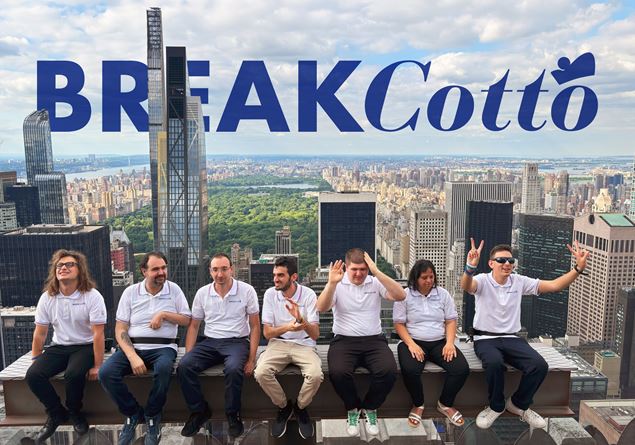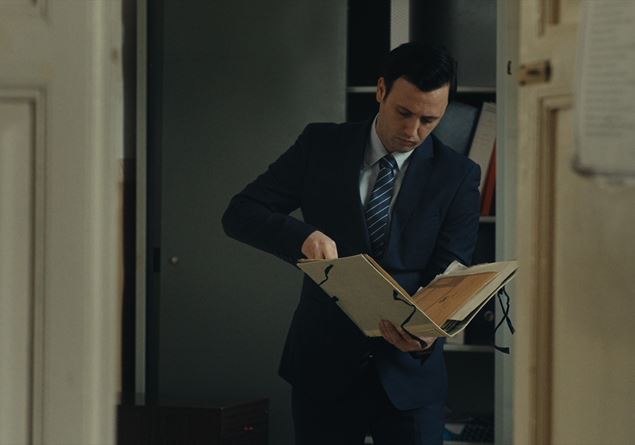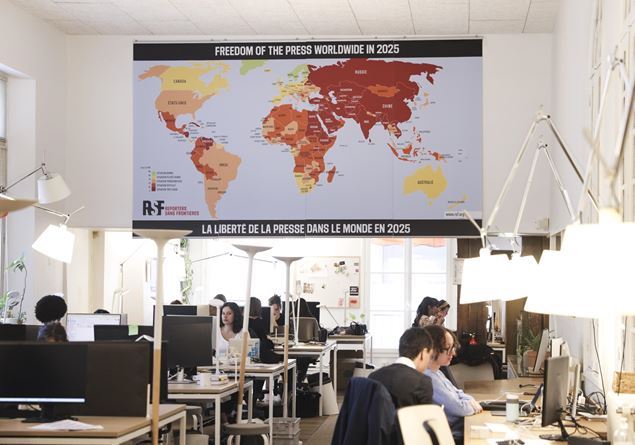You don’t choose a dog by chance. In reality, many psychological bias directs us towards one race rather than another.
Have you ever noticed that some dogs and their master are like it? Just look at Disney’s cartoon, the 101 Dalmatians, to be convinced. In one of the scenes of the film, we observe walkers with their dogs … and the least we can say is that they make the pair! A long hair woman associated with a cocker spaniel, a tall and barracked man with a solid Bernese bouvier at the end of a leash. But this inclination does not actually have nothing to chance, and science has also looked into the question to try to unravel the mystery.
In an article devoted to this subject, CNN cites an American study of 2015 which indicates that by choosing a dog that resembles them, humans simply seek to be reassured and comforted. “”One of the reasons why one thing is desirable is that it is familiar “, Explains Art Markman, Cognitive Sciences researcher at the University of Texas in Austin. A dog can be familiar to you because it looks like you, but also simply because it looks like the dog you had as a child. Again, it conveys a reassuring image. “This flash of recognition gives you the impression that it is something with which you are in resonance, which can increase the probability that you choose something without realizing that you have chosen it, partly because of its resemblance to yourself”indicates the researcher.
In 2004, scientists conducted an experience in which people observed 45 dogs and their owners photographed separately. They were able to match the dogs to their masters, based only on the images. “”We believe this is probably due to the fact that breed dogs are predictable, both in terms of appearance and temperament. This allows people to choose the dog that best suits their appearance, their personality and their level of activity “, explains Michael Roy, author of the study and professor of psychology at Elizabethtown College in Pennsylvania, in an email sent to CNN.
But psychologists also point to the importance of the effect of “simple exposure”, a cognitive bias characterized by an increase in the probability of having a positive feeling towards someone or something by the simple repeated exposure to this person or this object. “If most people around you have labradors, you may like them more because you often see them, which will increase your chances of having one too”, Add Michael Roy.










